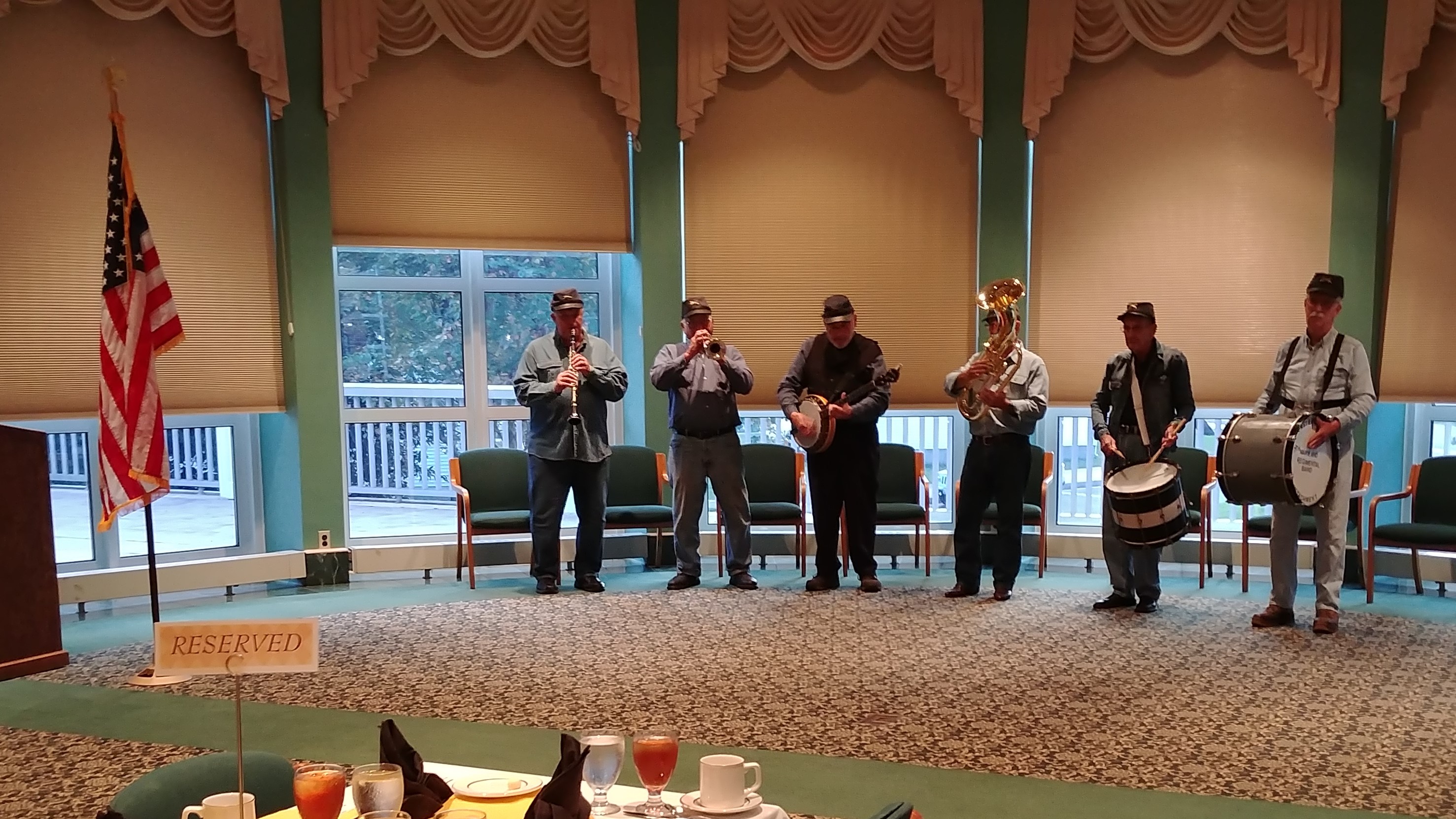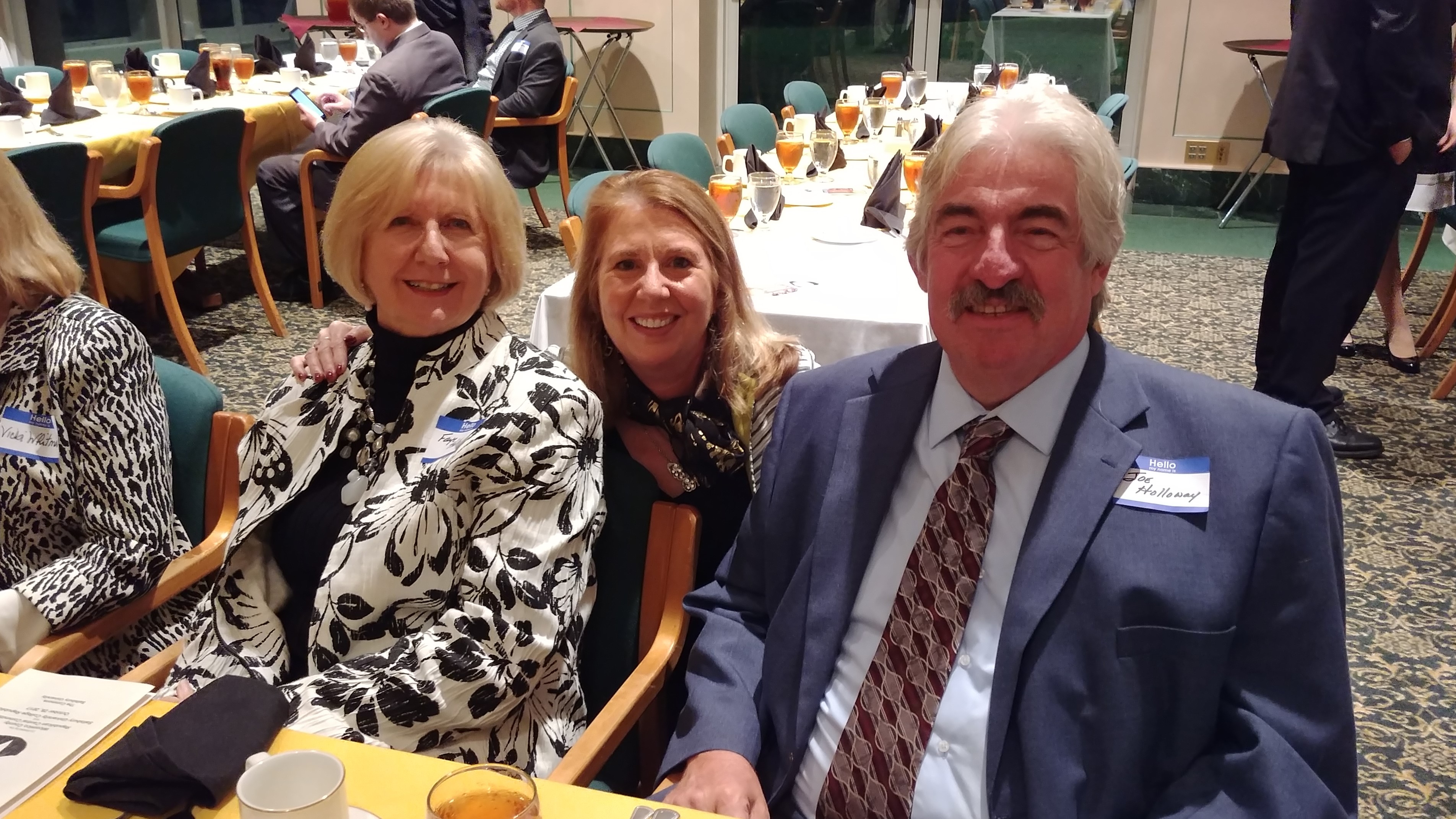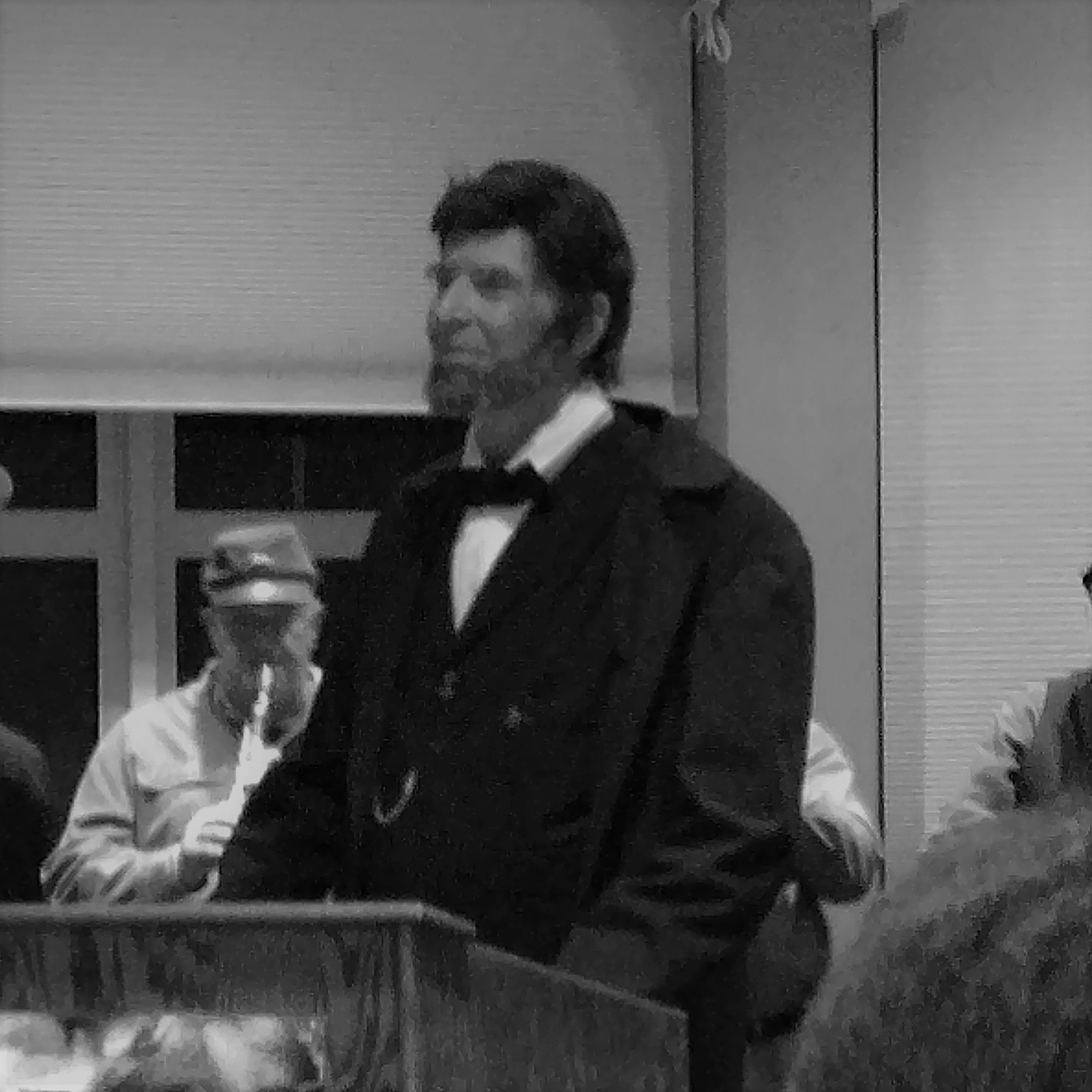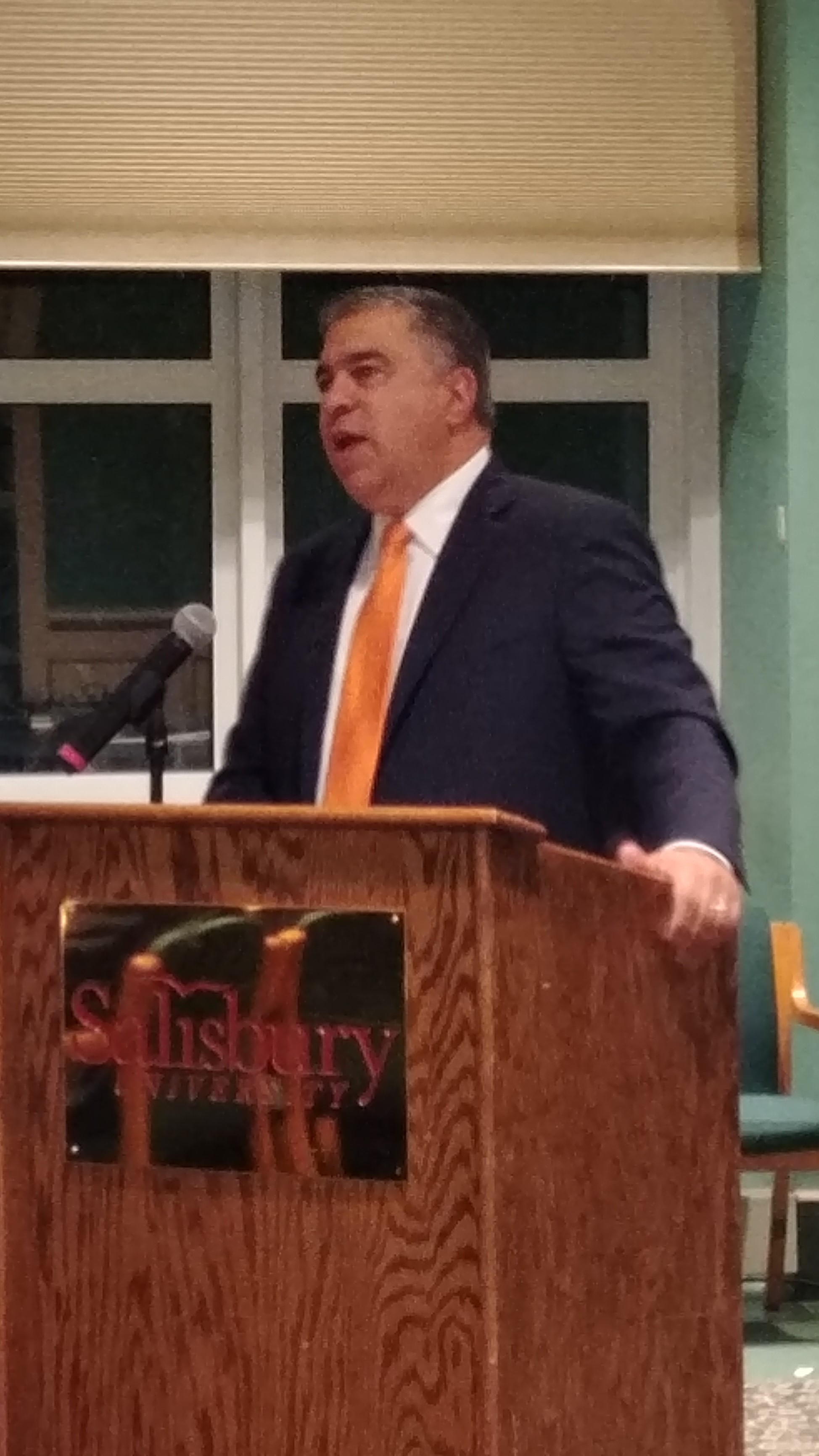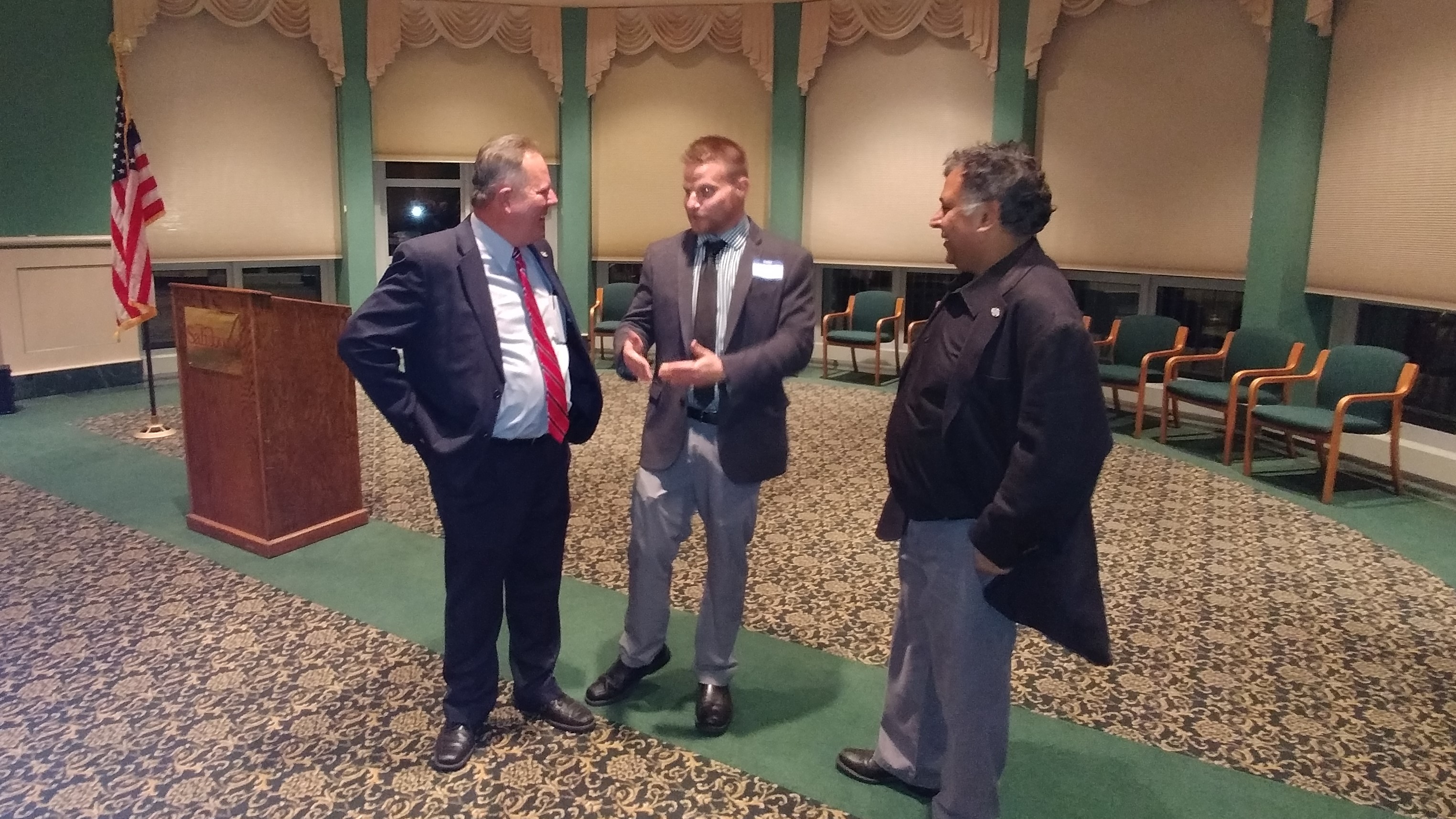Since I said this yesterday:
I guess I better use the space for something besides music reviews, analysis of baseball trades, and other non-political items.
As many of you who know my site probably also know, the House put forth its initial proposal for what is being called the Tax Cuts and Jobs Act. (President Trump would have preferred the Cuts Cuts Cuts Act himself, though.) So most of the argument and commentary seems to be on whether this does enough for individual taxpayers – naturally, Democrats revert to their age-old “tax cuts for the rich” saw while some Republicans fret about losing particular deductions.
But I want to address two things in this post. First, I want to try and step into the shoes of a small business owner because part of the bill title is “that three-letter word, J-O-B-S” (with apologies to Joe Biden) and they are the ones who create most of them – including the ones I have now.
I’m not going to get into actual dollars and cents here because this is more of a philosophical argument. Each year business owners hand a share of their revenues off to various branches of government for a host of reasons, but the one item that perhaps draws the most blood, sweat, and tears is that federal tax return they (or, more likely, their accountants) fill out each year. Thus, the idea of both lowering rates and making things simpler works positively in two ways: a little more money to invest in the business for new hires, capital improvements, or expansion (people in my line of work perk up their ears at the latter) and a little more time to enjoy life or improve the business plan. They may not need to give that accountant quite so much, but, alas, there are winners and losers in life. (However, the day we find out H&R Block is lobbying against a tax reform proposal is the day we’ll know we have the right formula.)
The common perception from the Left is that every business owner is a fat cat member of the 1% who pays his employees less than minimum wage, skimps on benefits, and hoards his profits to spend on his fancy car and yacht – Ebenezer Scrooge personified. I don’t know about you but I haven’t met one like that yet, although I will note my previous employer went out and got a BMW i8 complete with vanity plate (and installed the charger in our parking lot) thanks to a series of very successful businesses. But that came after years of long days and lots of hard work, so I wasn’t going to complain because he had aptitude, drive, and a range of talents I didn’t.
By the same token, it’s not unknown for my current employer to be at the office or meeting clients late into the evenings or on the weekends – I know because I used to work in there at those times myself (on top of my full-time job) in order to seize the opportunity I was presented to get back into his firm. Ambitious people laugh at a 40-hour work week, and the overriding question that is being answered to an extent by the Tax Cuts and Jobs Act is whether they should be rewarded for those efforts or forced to hand over the excess to government to redistribute to the less ambitious.
After all, hopefully there comes a point in the life of a business where the boss can’t do it all himself (or herself.) Adding people, though, brings a whole new world of complexity to the tasks so the rewards should be maximized and risks minimized in order to encourage even more hiring when business dictates. If the government takes a pinch less maybe the additional economic activity will make up for it in time.
This brings me to my second point: whose money is it anyway?
Consider the average dollar, which is representative of an intrinsic value. There’s an old joke where someone leaves a $100 bill on a hotel counter while he inspects a room and it quickly makes the rounds paying off various debts up and down the street before the customer decides the room isn’t satisfactory and takes back the Benjamin, which seconds before had paid off the last debt owed to the hotel clerk. Everyone had a value assigned to the cash although the overall transaction was a wash.
When a worker makes a dollar, it’s a tradeoff: even at minimum wage, it’s about eight minutes of his labor in return for a dollar’s wage. In a successful business, the employee performed more in the way of value to the company than the pay but the rate of pay was still acceptable to the employee. (On top of that you have benefits, but for the purpose of this argument I’ll concentrate on pay.) My full time employer bills me out at a rate that is supposed to cover the wage, benefits, and overhead so in return I have work to do. My writing employer gives me an assignment on Thursday night and expects a turnover for the following morning. As long as this is done profitably for both parties, everything is cool – the problems occur when labor costs begin to outweigh value added. (For an example, consider why you are faced with a kiosk instead of a live person in some fast food restaurants – human order takers didn’t add a lot of value if they were inaccurate, grouchy, not feeling well, or disorganized, especially at the $15 an hour for which they were pining.)
Now think about a dollar spent in taxes, where the tradeoff is completely different. There are a number of vital services these taxes pay for, especially at a local level where the business receives its public safety protection, maintenance for the roads, portions of the utility infrastructure, and various other items which vary based on the jurisdiction.
Unfortunately, the higher up the taxation food chain you go, the more likely you’ll find these tax dollars aren’t creating value. Oftentimes these entities will act as a pass-through, returning tax dollars to the state or local jurisdiction after keeping a cut for themselves and necessitating the employment of a grant writer on a local level. It’s making a pencil-pusher rich, but that’s not really adding to society like a guy out working on an oil rig, writing computer code, or burning the midnight oil trying to figure out how to please her engineering client. Even worse, that dollar may be paying the bureaucrat who’s writing the rule that will do the business in at the behest of a lobbyist bought and paid for by some special interest.
By keeping dollars in the more productive and efficient private sector, not only does lowering taxes help increase GDP but it also provides the incentive for people to work harder. I’ve often cited Atlas Shrugged as one of my favorite books, not because it’s a feelgood story but because I see it as an absolute indicator of where our nation could be headed under the government we’ve put in place. If working harder has no reward, then why do it?
We have a long way to go before we see tax reform, if it even comes about at all because Republicans in Congress aren’t completely sold on the package. (I thought the GOP was supposed to be the party that supported lower taxes – didn’t you?) But the argument shouldn’t be who wins and loses financially – it should be about whether we believe it’s our money we’re getting for our labor or if we feel we just get to use that which is benevolently granted to us by government.


